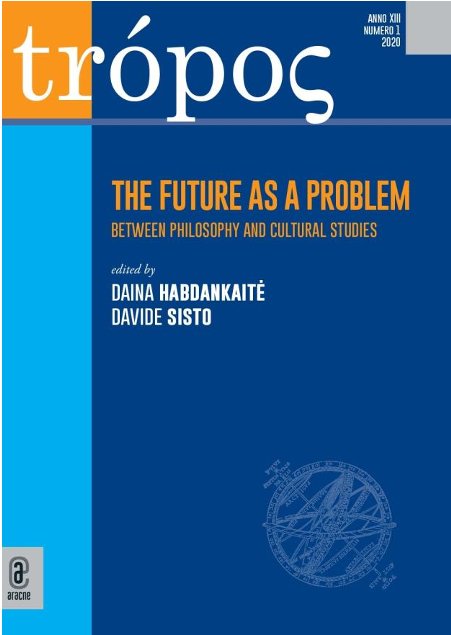The Ontological Problem of Futurity
Temporality and Possibility in Phenomenology, Messianism, and Hyper–Chaos
DOI:
https://doi.org/10.13135/2036-542X/8083Parole chiave:
Future, Intentionality, Phenomenology, Possibility, TemporalityAbstract
This article discusses what I call the ontological problem of futurity. On the one hand, the future escapes any attempt to reduce it to a phenomenologically given set of possibilities, while it, on the other hand, must be somehow experientially given in order to have any bearing on life as we know it. In the article, I first discuss how the ontological problem of futurity appears in the post–phenomenological conceptions of temporality and possibility found in both Derridian and Levinasian messianism as well as Meillassoux’s hyper–Chaos, which each in their own way conceptualize the future as something opposed to the structure of intentionality. I then proceed to propose a more traditional phenomenological — or rather Heideggerian — solution to the problem. In short, I show that Heidegger’s understanding of world–entry offers a distinction between innerworldly possibilities and possibilities of the world and argue that this twofold concept of potentiality, as well as the two corresponding attitudes towards the future, are sufficient to give the future its due (as that which exceeds the horizon of expectability) while still retaining an intimate relation to the structure of intentionality and the phenomenological horizon.


